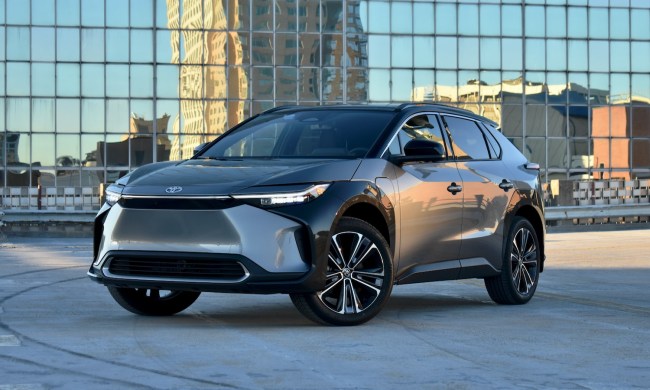Have you ever gotten into your electric hybrid vehicle and wished you could click a “Like” button for how quietly it starts up, or a “dislike” button for the way you always bump the turn signals when trying to turn on the windshield wipers? Soon, you might be able to do just that. Automaker Toyota has announced plans to create “Toyota Friend,” a private social network designed to connect customers with their cars, their dealership, and Toyota itself. Initially the social network will be rolled out in Japan with electric vehicles and plug-in hybrids due in 2012. The company hasn’t announced any plans to introduce the service in other markets.

Toyota’s partners on the project are Microsoft and Salesforce.com; Microsoft is putting a little over $4 million into the project while Salesforce is dropping $2.8 million into the pot. Toyota is putting $5.5 million into the project. Toyota Friend will be powered by Salesforce Chatter, Salesforce’s private social networking platform aimed at businesses.
The idea behind Toyota Friend is to provide customers with product and service information—after all, they’re a captive audience while they’re in their car!—along with essential maintenance tips and other information. For instance, an electric vehicle could send a “tweet-like” notice to its owner’s mobile phone when it needs a recharge. Toyota says customers will also be able to communicate with their friends and family via services like Twitter and Facebook. The service will be available via smartphones, tablets, and similar devices.
“Social networking services are transforming human interaction and modes of communication,” said Toyota Motor Company president Akio Toyoda, in a statement. “The automobile needs to evolve in step with that transformation. I am always calling for Toyota to make ever-better cars. The alliance that we announce today is an important step forward in achieving that goal.”
I hope I’m not alone in imagine a series of social networking posts from a car trapped in a turn lane, with a new update every two seconds:
“Left.”
“Left.”
“Left.”
“Left, darnit.”


